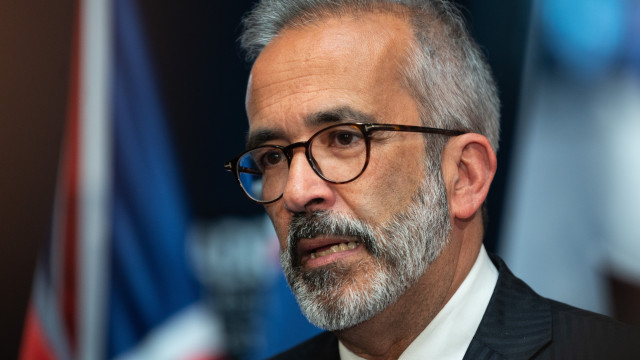
The PSD/CDS-PP government led by Luís Montenegro has released a document emphasizing the importance of revisiting labor legislation, ideally within the Social Concertation framework, to streamline and simplify certain legal regimes.
Among the proposed measures is granting “greater flexibility in taking vacations at the initiative of the worker, with the possibility of acquiring vacation days, with a limit to be contractually defined between the parties.”
Additionally, the government intends to “balance worker protection” by offering “greater flexibility of labor regimes” concerning working hours, vacation rights, and overtime banks.
The administration also aims to enhance the ability to transition “even temporarily” between work schedules and to facilitate teleworking by mutual agreement. It also plans to promote a “flexible framework, by free agreement, for transitioning between normal weekly work durations, even temporarily, with possible percentage adjustments in remuneration.”
This measure aims to provide “a lighter touch with the labor market when desired,” particularly for students or those transitioning to retirement, “as a means to strengthen the balance between work and family life, or for the worker’s personal development projects.”
In the context of this labor law revision, the government also intends to adapt the law to the digital era, targeting “differentiated regulation of teleworking, digital platform work, economically dependent work, and digital nomadism.”
Moreover, the government seeks to “appropriately balance” the right to strike “with the fulfillment of essential social needs” and to “clarify, streamline, and simplify” various regimes such as parental leave, teleworking, work organization, transfer of business, layoffs, and work procedures.
The government plans to strengthen the role of trade and employer associations, collective bargaining, and “evaluate the definition of minimum representativeness criteria for extending collective labor agreements,” aiming to “discourage union fragmentation and enhance social dialogue in companies,” as well as strengthening the existing penal framework regarding discrimination, labor exploitation, and workplace harassment, both sexual and otherwise.
The discussion with social partners about possible changes in labor legislation was already anticipated, but the political crisis postponed these discussions.
The Program of the XXV Constitutional Government, following the May 18 elections won by the AD coalition (PSD/CDS), was submitted today to the Assembly of the Republic by the Minister of Parliamentary Affairs, Carlos Abreu Amorim.
The PCP has announced its intention to present a motion of rejection, but this initiative is likely to fail, as neither the PSD nor CDS, along with Chega and PS, are expected to support it.




